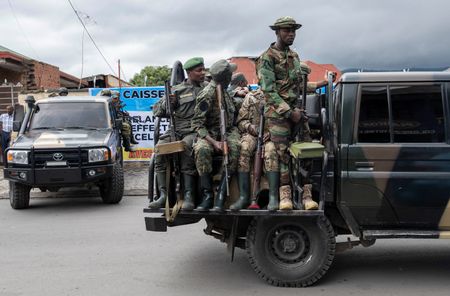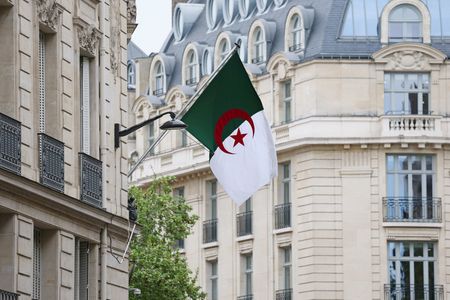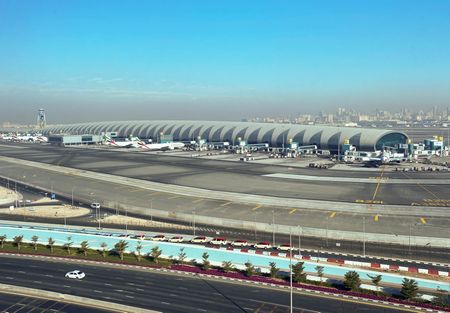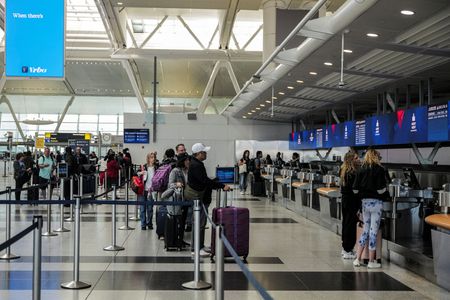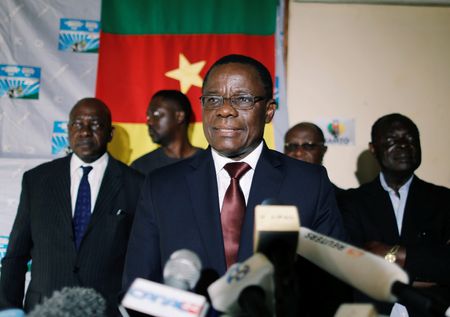By Sonia Rolley
PARIS (Reuters) -Rwanda-backed M23 rebels killed at least 319 civilians, including 48 women and 19 children, last month in eastern Congo, Volker Turk, U.N. high commissioner for human rights, said on Wednesday, citing “first-hand accounts”.
The violence in the Rutshuru territory of North Kivu province produced “one of the largest documented death tolls in such attacks since the M23’s resurgence in 2022,” Turk said in a statement.
Reuters first reported on the killings in late July, citing findings by the U.N. Joint Human Rights Office (UNJHRO) that put the death toll at 169 people.
M23 leader Bertrand Bisimwa told Reuters at the time it would investigate, but also said the report could be a “smear campaign”.
A spokesperson for M23, a spokesperson for Rwanda’s military and a Rwandan government spokesperson could not immediately be reached for comment on Wednesday.
Reuters has not been able to independently confirm the killings, but a local activist cited witnesses as describing M23 combatants using guns and machetes to kill scores of civilians.
Two U.N. sources told Reuters that 100 of the dead had been identified by name and that an investigation was ongoing.
The M23 and Congolese government have pledged to work towards peace by August 18 after the rebels this year seized more territory than ever before in fighting that has killed thousands and displaced hundreds of thousands more.
The UNJHRO findings said M23 targeted suspected members of the Democratic Forces for the Liberation of Rwanda (FDLR), a Congo-based group that includes remnants of Rwanda’s former army and militias that carried out the 1994 Rwandan genocide.
Turk said on Wednesday the killings had taken place in four villages in Rutshuru from July 9 to July 21 and that most victims were “local farmers camping in their fields during the planting season”.
Persistent violence in eastern Congo threatens U.S. President Donald Trump’s vision for the region, which has been plagued by war for decades and is rich in minerals including gold, cobalt, coltan, tungsten and tin.
A peace agreement signed on June 27 in Washington by the Congolese and Rwandan foreign ministers requires Congo to “neutralise” the FDLR as Rwanda withdraws from Congolese territory.
Rwanda has long denied helping M23 and says its forces act in self-defence against Congo’s army and ethnic Hutu militiamen linked to the 1994 Rwandan genocide, including the FDLR.
(Reporting by Sonia RolleyWriting by Robbie Corey-BouletEditing by Gareth Jones)

